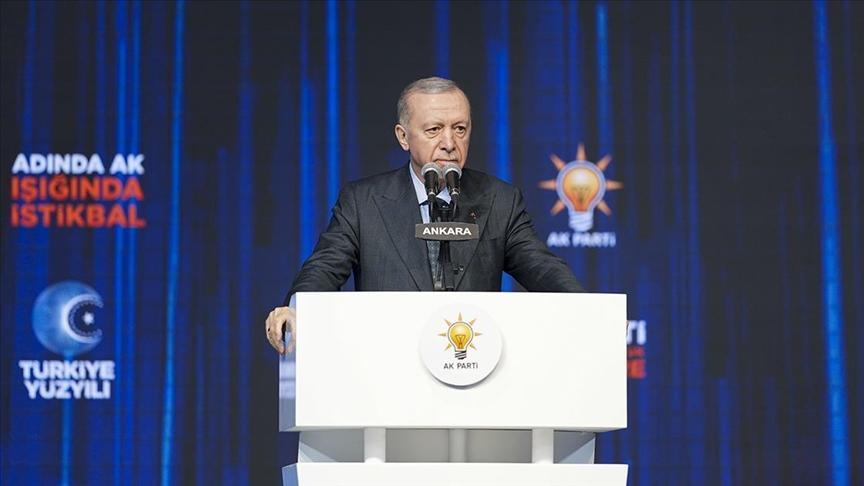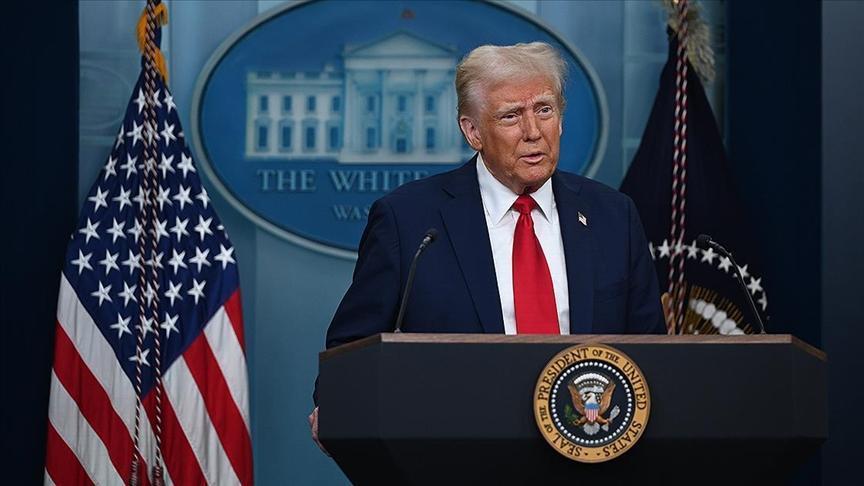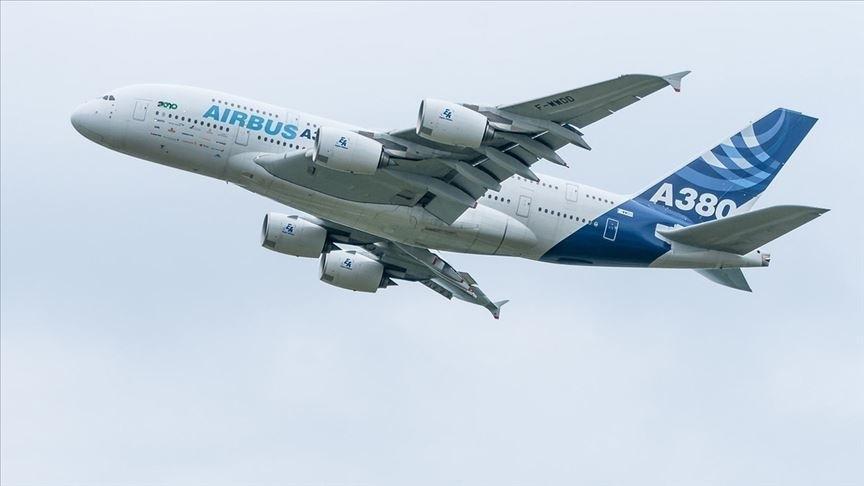Hamas official insists Gaza ceasefire must be permanent
JERUSALEM

Hamas will respond to an Israeli truce proposal for Gaza "within a very short period", an official with the Palestinian militant group said Wednesday, stressing though that any ceasefire needs to be permanent.
Hamas is considering a plan for a 40-day ceasefire and the exchange of scores of hostages for larger numbers of Palestinian prisoners.
Suhail al-Hindi, a senior Hamas official, told AFP the group would "deliver its response clearly within a very short period", although he would not say precisely when that was expected to happen.
Speaking to AFP by phone from an undisclosed location, he said it was premature to say whether the Hamas envoys, who have returned from talks in Cairo to their base in Qatar, felt any progress was made.
He stressed the aim was "to reach an end to this war".
But that would seem to be at odds with Israel's determination to push ahead with its vast ground offensive in southern Gaza.
A source with knowledge of the negotiations said Qatari mediators expected a response from Hamas in one or two days.
The source said Israel's proposal contained "real concessions" including a period of "sustainable calm" following an initial pause in fighting and the exchange of hostages of and prisoners.
The source said Israel's withdrawal from the Gaza Strip remained a likely point of contention.
An Israeli official told AFP the government "will wait for answers until Wednesday night", and then "make a decision" whether to send envoys to Cairo to nail down a deal.
'Not at any cost'
Israeli Prime Minister Benjamin Netanyahu said Tuesday that he remained intent on sending troops into Rafah, despite international concerns for the safety of the 1.5 million civilians sheltering in Gaza's far southern city.
U.S. Secretary of State Antony Blinken, who was back in Israel pressing the need for a ceasefire Wednesday, reaffirmed in discussions with Netanyahu that the U.S. opposed an assault on Rafah.
The war started after Hamas's Oct. 7 attack on southern Israel resulted in the deaths of 1,170 people, mostly civilians, according to an AFP tally of Israeli official figures.
Israel's retaliatory offensive has killed at least 34,568 people in Gaza, mostly women and children, according to the health ministry in the Hamas-run territory.
Palestinian militants also took some 250 hostages on Oct. 7. Israel estimates 129 remain in Gaza, including 34 the military says are dead.
Hindi said Wednesday there was "great interest from Hamas and all Palestinian resistance factions to end this insane war on the Palestinian people, which has consumed everything".
"But it will not be at any cost."
"As long as there is a continuation of the war, I believe that the Palestinian resistance has spoken on this issue," he said.
"Hamas is open to any dialogue with mediators, whether Egyptian or Qatari, and is also open to all initiatives to end the war on the Palestinian people, but within very clear conditions that cannot be abandoned."
The Palestinians, who "have endured and persevered for more than 200 days, cannot under any circumstances raise the white flag or surrender to the conditions of the Israeli enemy", he said.
More routes for aid
On the previous leg of his regional tour in Jordan, Blinken said a Gaza truce and the redoubling of aid deliveries went hand in hand.
A truce is "the most effective way to relieve the suffering" of civilians in Gaza, he told reporters near Amman.
Blinken saw off a first Jordanian truck convoy of aid heading to Gaza through the Erez crossing reopened by Israel.
"It is real and important progress, but more still needs to be done," he said.
U.N. agencies have warned that without urgent intervention, famine looms in Gaza, particularly in northern areas which are hardest to reach.
A U.S.-built floating pier on Gaza's coast is expected to be completed later this week, said Cyprus, the departure point for the planned "maritime corridor".
Blinken said the pier would "significantly increase the assistance" but was not "a substitute" for greater overland access.
'Unbearable escalation'
The war started after Hamas's Oct. 7 attack on southern Israel resulted in the deaths of 1,170 people, mostly civilians, according to an AFP tally of Israeli official figures.
Israel's retaliatory offensive has killed at least 34,568 people in Gaza, mostly women and children, according to the health ministry in the Hamas-run territory.
Washington has strongly backed its ally Israel but also pressured it to refrain from a ground invasion of Rafah, which is packed with displaced civilians.
Calev Ben-Dor, a former analyst for the Israeli foreign ministry and now deputy editor for specialised review Fathom, told AFP that Netanyahu's "Rafah comments likely have more to do with trying to keep his coalition intact, rather than operational plans in the near term".
The prime minister "is feeling the squeeze between the Biden administration" and far-right members of his government who have vehemently opposed the proposed truce, Ben-Dor said.
U.N. chief Antonio Guterres said an Israeli assault on Rafah would "be an unbearable escalation, killing thousands more civilians and forcing hundreds of thousands to flee".
















